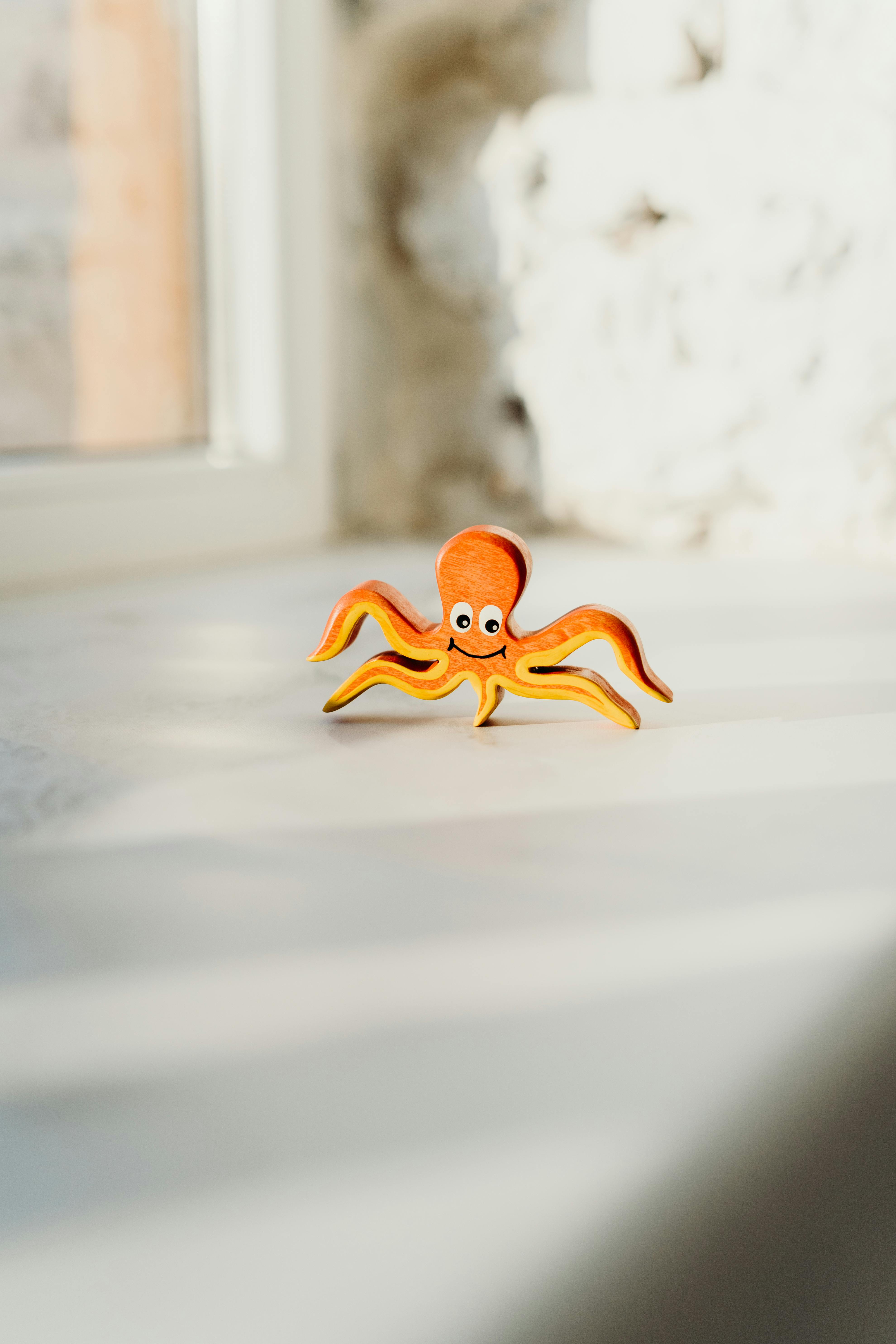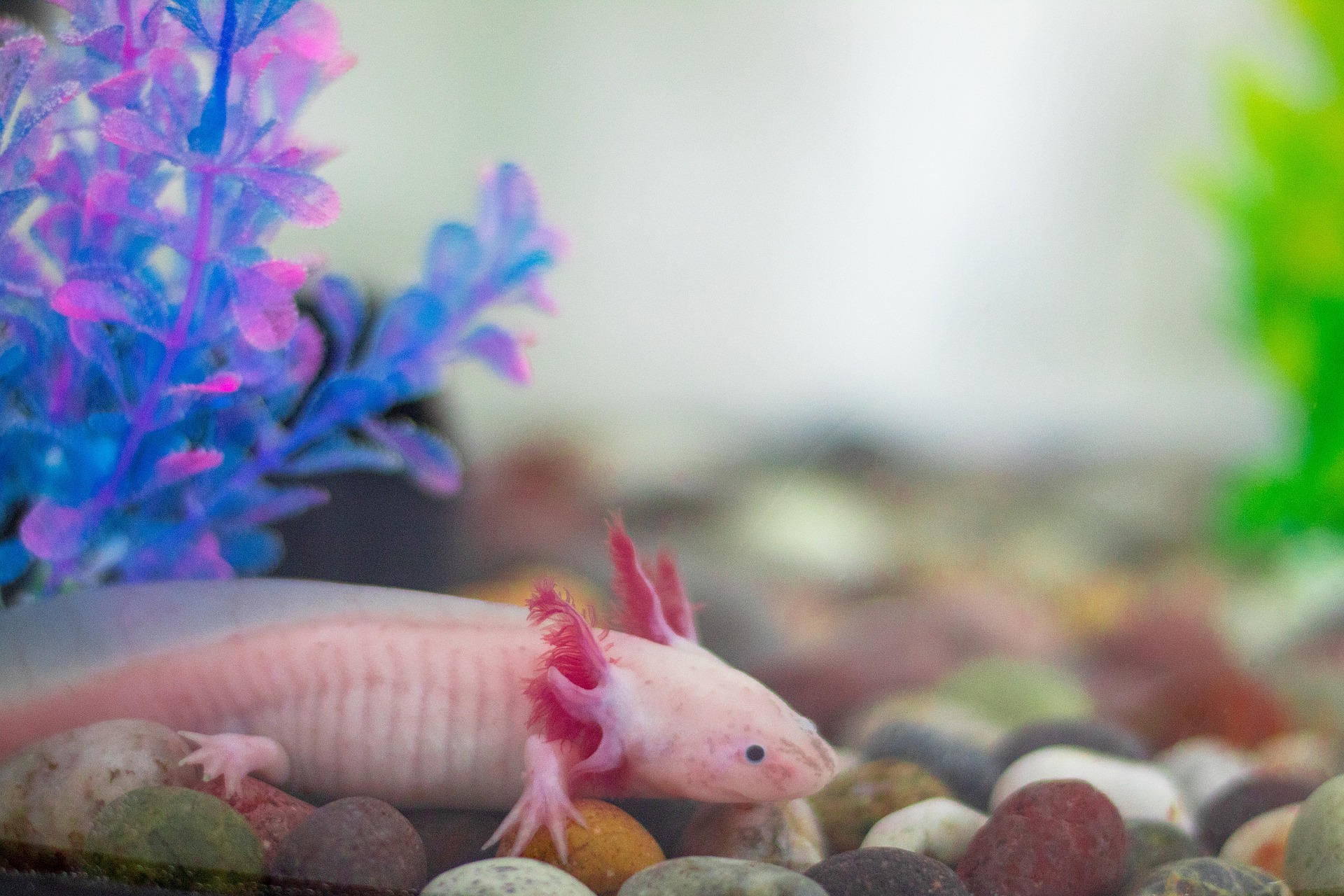Unraveling the Enigma: The Intelligence of Octopuses
Octopuses are some of the most fascinating creatures that roam the earth's waters. Their ability to adapt, learn, and problem-solve has earned them a reputation as one of the most intelligent species in the animal kingdom. But what is it about these cephalopods that sets them apart?

The Octopus Brain: A Unique Design
The octopus brain is truly unique. Unlike most animals, which have their neurons concentrated in one area, an octopus has two-thirds of its neurons distributed throughout its body, primarily in its arms. This decentralized nervous system allows each arm to operate semi-independently, increasing the creature’s adaptability and problem-solving capabilities.
Advanced Learning and Problem-Solving Skills
Octopuses have shown remarkable learning and problem-solving abilities. In lab experiments, they’ve been found to navigate mazes, unscrew jars to get to food, and even use tools. In the wild, they’ve been observed carrying coconut shells to use as shelter—a behavior usually associated with higher mammals.
Mimicry and Camouflage: Masters of Deception
Octopuses are also masters of mimicry and camouflage. With the ability to change the color and texture of their skin, they can blend seamlessly into their environment or mimic other animals to deter predators. This requires a sophisticated understanding of their surroundings, further highlighting their intelligence.
Social Behavior and Play
Octopuses are generally solitary animals, but recent studies have shown that they can display complex social behaviors. For example, the larger Pacific striped octopus has been observed engaging in beak-to-beak mating, a rare behavior that requires a high level of trust and cooperation. Octopuses have also been seen playing—another sign of advanced cognitive abilities.
Future Research: Uncovering More Secrets
Current research on octopus intelligence is just scratching the surface. As technology advances and our understanding of these creatures deepens, it’s likely we’ll uncover even more about their remarkable cognitive abilities. Already, they’re challenging our notions of what it means to be intelligent and forcing us to rethink how intelligence evolves.
In conclusion, the octopus is a testament to the diversity and complexity of intelligence in the animal kingdom. Its unique brain structure, advanced problem-solving skills, mastery of mimicry and camouflage, and complex social behaviors all contribute to its status as one of the most intelligent creatures on the planet. As we continue to learn more about these fascinating creatures, who knows what other secrets we’ll uncover? Their intelligence is a riddle wrapped in a mystery inside an enigma, waiting to be unraveled.




